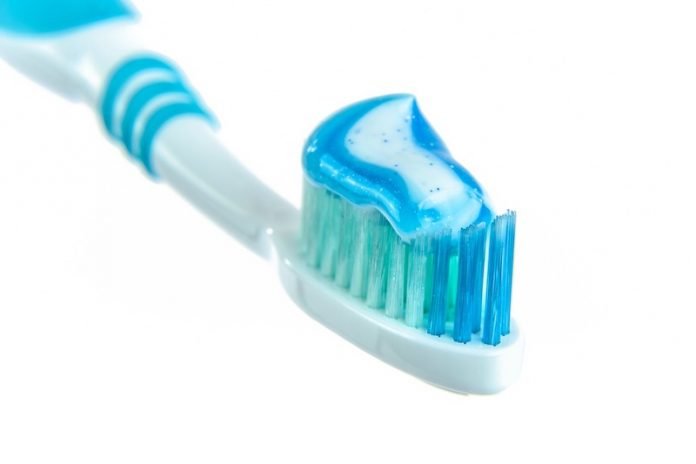
In a new study, researchers found a common chemical found in several household products may increase people’s risk of osteoporosis, a condition that causes bones to become thin, weak and fragile.
The chemical is triclosan. It is commonly used in antibacterial consumer goods and personal care products, such as hand sanitizer, soaps, mouthwash and toothpaste.
The research was done by scientists from several health institutions in China.
Osteopenia is a health condition when bone mineral density is lower than normal. Patients with the disease may have broken bones even just after a minor bump or accident.
Bones fracture can lead to chronic pain, disability, loss of independence and premature death.
Women aged 50 are four times more likely to have the condition than men of the same age.
Previous research has shown that chemical triclosan may have harmful effects on the bone mineral density in cell lines or in animals.
However, little is known about the relationship between triclosan and human bone health.
In the study, the team analyzed data from the National Health and Nutrition Examination Survey to see the impact of triclosan on bone health. A total of 1,848 women were examined.
The researchers found that women exposed to the chemical were more likely to develop osteoporosis.
They warn that a person can be exposed to triclosan via consumer products and contaminated water.
The FDA has banned triclosan from over-the-counter hand sanitizer in recent years.
This is the first epidemiological study to test the link between triclosan exposure and osteoporosis in a nationally representative sample from U.S. adult women.
One author of the study is Yingjun Li.
The study is published in the Journal of Clinical Endocrinology and Metabolism.
Copyright © 2019 Knowridge Science Report. All rights reserved.



